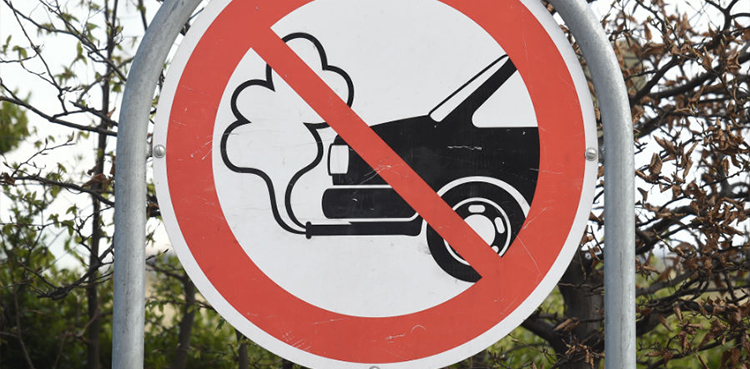
EU countries and lawmakers on Thursday struck an agreement on legislation to phase out new CO2-emitting vehicles by 2035, negotiators announced.
“We have just finished the negotiations on CO2 levels for cars,” tweeted French MEP Pascal Canfin, who heads the European parliament’s environment commission.
“Historic EU decision for the climate which definitively confirms the target of 100 percent zero emission vehicles in 2035 with intermediary phases between 2025 and 2030.”
A spokesperson for the Czech presidency of the EU Council also tweeted “We have an agreement.”
The talks, between representatives of the European Council fronting for the 27 EU countries and the European Parliament got underway Thursday and had been set to continue until agreement was reached.
The negotiations underpin the bloc’s transition towards a carbon-neutral future — a key pledge by commission chief Ursula von der Leyen.
Cars currently account for 12 percent of all CO2 emissions in the bloc, while transportation overall accounts for around a quarter.
Conservative lawmakers and Germany had shown reluctance over some of the targets, fearing the costly burden it will place on EU automakers competing against global rivals with looser targets.
The 2035 ban on all vehicles with internal combustion engines was voted for by the European Parliament in June.
That backed a commission proposal unveiled last year, part of an ambitious climate target to cut emissions by 90 percent by 2035 compared to a 2021 baseline.
Around 12 percent of new cars sold in the European Union are electric vehicles as its consumers shift away from CO2-emitting models as energy costs and greener traffic regulations bite.
Meanwhile China — the world’s biggest automobile market — wants at least half of all new cars to be electric, plug-in hybrid or hydrogen-powered by that year.



0 Comments